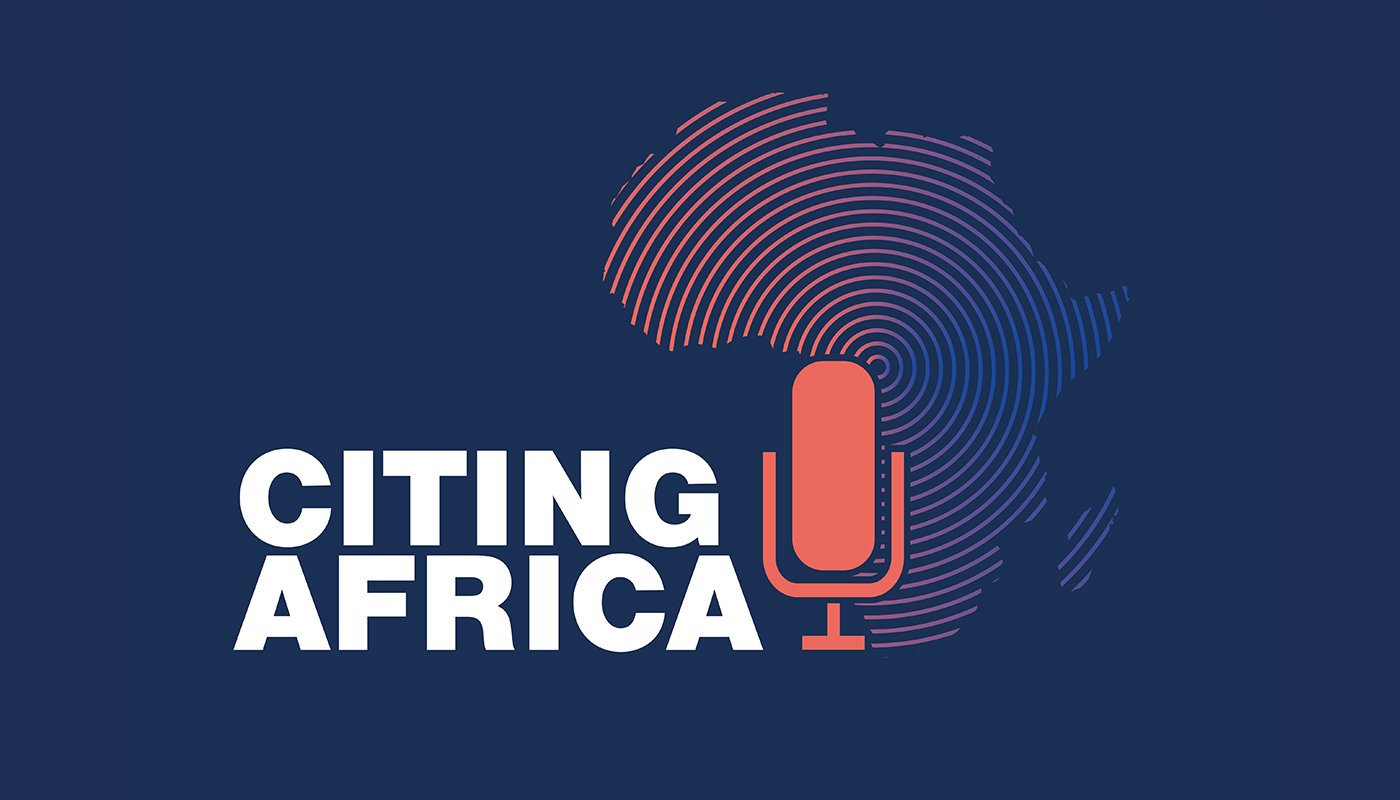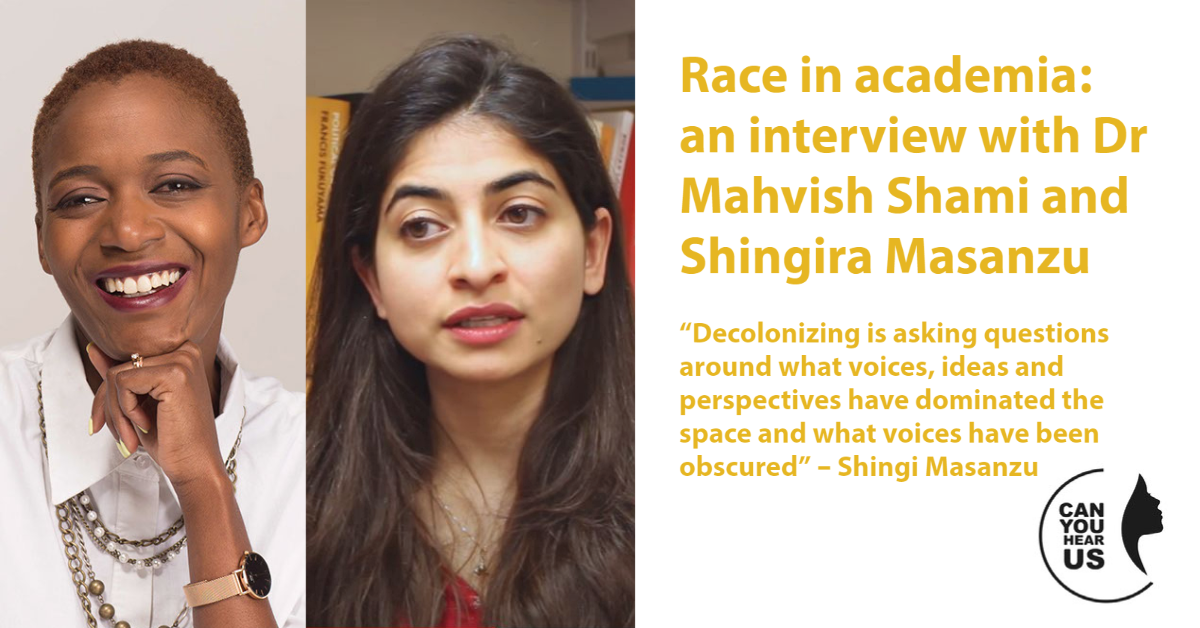In the third episode of the Can You Hear Us podcast series, we introduce our second theme – Having it All – through the distinct lens of women of colour in entrepreneurship. To do so we present Margarita Anddrade, Co-founder of Malaika Linens and Threads of Hope Cairo, alongside LSE alumnus Fardida El Kalagy, Threads of Hope’s Sustainability and Development Head. Together, they introduce us to their new sustainable impact model while highlighting the importance of creating social enterprises that focus on women’s empowerment.
“Compassion, putting yourself in the shoes of someone else, gives you so much strength” – Margarita Andrade
“By sustainability we are focusing on three main aspects: financial sustainability, [….] technical sustainability and […] sustainable impact [which] is one of our main objectives.” – Farida ElKalagy
“If you help a woman, you help the whole family–the neighbourhood. You help the world” – Margarita Andrade
Can You Hear Us? is a podcast affiliated to the LSE’s first society dedicated to Women of Colour in Consulting (WoCo), created by the 2020/21 Cohort. Find them on the LSE ID SoundCloud every other Thursday: https://soundcloud.com/lse_id/sets/can-you-hear-us.
The views expressed in this post are those of the author and in no way reflect those of the International Development LSE blog or the London School of Economics and Political Science.





